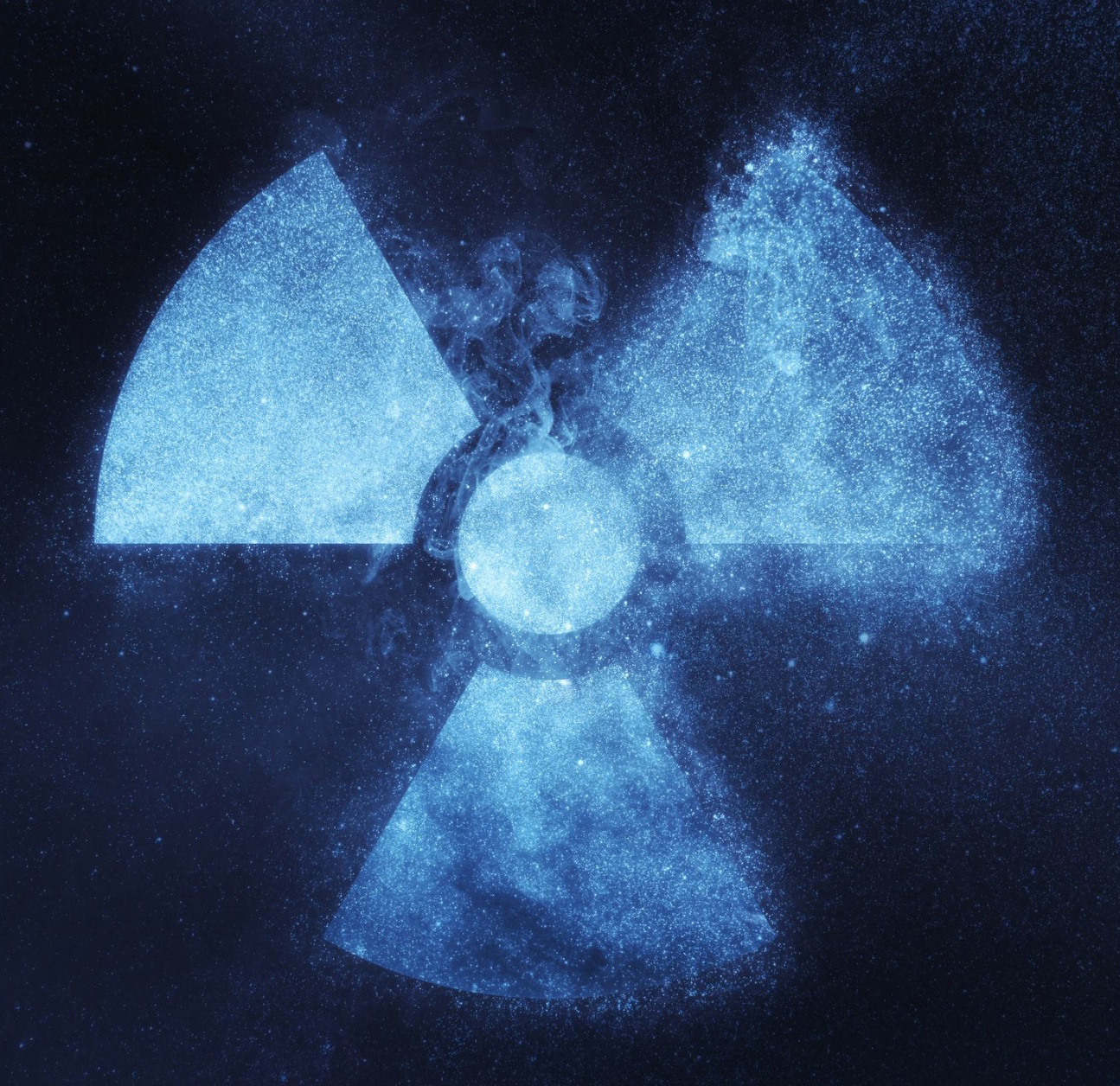
Bill Gates is a staunch advocate for nuclear energy, and although he no longer oversees day-to-day operations at Microsoft, its business strategy still mirrors the sentiment.
According to a new job listing first spotted on Tuesday by The Verge, the tech company is currently seeking a “Principal program manager” for nuclear technology tasked with “Maturing and implementing a global Small Modular Reactor and microreactor energy strategy.”
Once established, the nuclear energy infrastructure overseen by the new hire will help power Microsoft’s expansive plans for both cloud computing and artificial intelligence.
Microsoft believes nuclear power is key to curtailing the massive amounts of greenhouse emissions generated by fossil fuel industries, and has made that belief extremely known in recent months.
Unlike traditional nuclear reactor designs, an SMR is meant to be far more cost-effective, easier to construct, and smaller, all the while still capable of generating massive amounts of energy.
As The Verge explains, making those nuclear ambitions a reality faces a host of challenges. Nuclear waste storage is a perpetual concern for the industry, as well as the specter of disastrous, unintended consequences.
Microsoft is obviously well aware of such issues-which could factor into why it is also investing in moonshot energy solutions such as nuclear fusion.
Not to be confused with current reactors’ fission capabilities, nuclear fusion involves forcing atoms together at extremely high temperatures, thus producing a new, smaller atom alongside massive amounts of energy.
Back in May, Microsoft announced an energy purchasing partnership with the nuclear fusion startup called Helion, which touts an extremely ambitious goal of bringing its first generator online in 2028.
